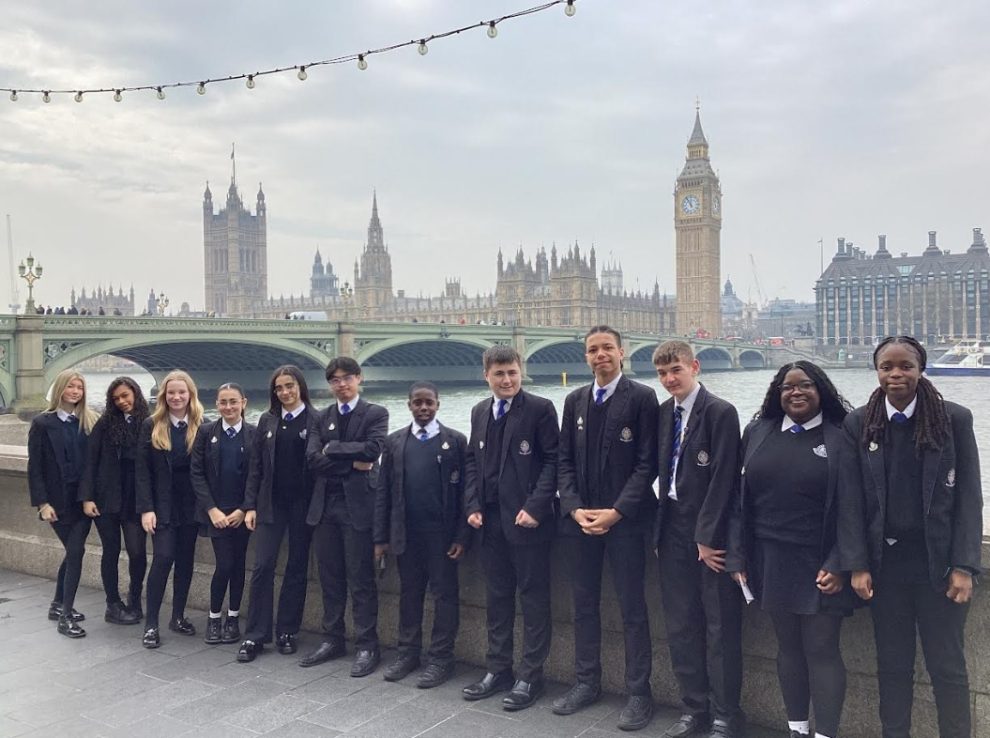A GROUP of pupils from a Cardiff secondary school have worked with members of the House of Lords on a Parliamentary inquiry into climate change and the impact of nitrogen on the environment.
Mary Immaculate High School was one of only six schools from across the UK, and the only one from Wales, selected to participate in the House of Lords’ 2024-5 Youth Engagement Programme.
The pupils, from years 7-11, have worked with the Lords’ Environment and Climate Change Committee over the course of the Parliamentary year.
The programme included a visit to The Houses of Parliament to take part in a committee session with the Lords, as well as a virtual roundtable event and a visit to Mary Immaculate by Baroness Shas Sheehan.
Adam Speight, Acting Assistant Headteacher at Mary Immaculate, applied to the programme as part of his work with the school parliament.
He said: “This was an invaluable experience for the pupils that helped them to better understand their role in a democratic society and how their voice matters.
“Going to Parliament and not only seeing where laws are made but actually taking part in a committee session was a very powerful experience for the pupils.
“They got to speak to politicians and deliver a presentation, and they were listened to, which is so important. They still speak about the visit with so much pride – and especially because they got to fly the flag for Wales.”
Mr Speight said the pupils gained valuable skills from the experience, including critical thinking, public speaking, problem solving, and teamwork, as well as improved confidence. Some of the older pupils in the group also took on a mentoring role with the younger ones.
The Committee’s inquiry looked at how nitrogen is used, the problems it creates when mismanaged, and what action can be taken to reduce its negative effects on the environment.
The Committee’s website said: “The views shared by students helped inform the Committee’s thinking and direction during the inquiry. Their contributions reflected a strong desire for clearer communication about nitrogen’s environmental impacts and more ambitious solutions across sectors, including: Improved regulation and monitoring of nitrogen use; Better public education and labelling; Innovation in agriculture and transport policy.”
The Committee is due to publish its final report on nitrogen pollution some time this summer. Its website added: “The students’ work will be reflected in the inquiry’s evidence base — helping to shape how policymakers, scientists, and the public respond to this invisible but powerful pollutant.”
For Mary Immaculate High School, the programme is part of a wider effort to involve pupils in the democratic process, which also included a visit by Year 9 pupils to the Senedd in Cardiff Bay last December. Mr Speight said the next phase will involve inviting politicians from all parties to the school to meet pupils ahead of next year’s Senedd elections.













